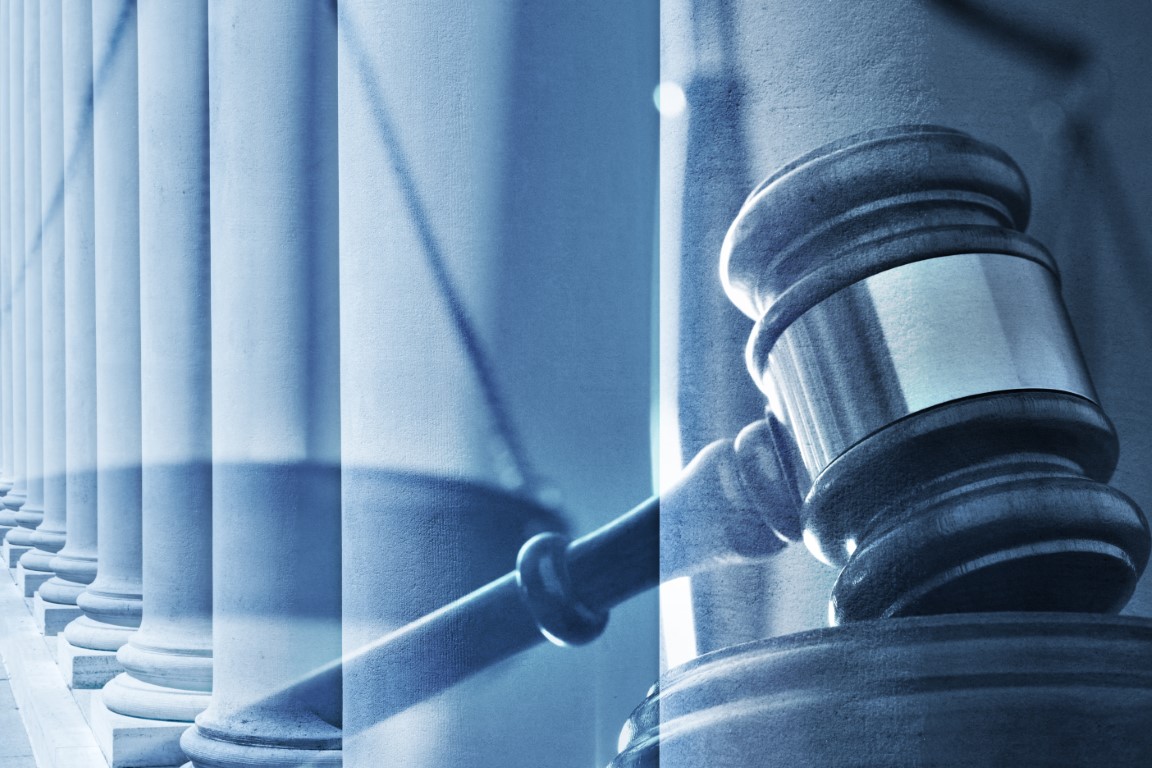
If you have ever been part of a court case, or even seen one play out on television, you may have heard the term “expert testimony.” Expert witnesses are hired by the defense or prosecution to help them prove their case by presenting and analyzing evidence based on the witnesses’ expertise. For example, finance expert witnesses may be hired to prove financial crimes.
How They Work
Expert witnesses use their expertise to review documents and evidence. Then, they draw logical conclusions from this information. Their conclusions must have a logical progression. They are not allowed to present their personal opinions, but they are allowed to present professional conclusions based on the evidence.
Testimony of Facts
Although they may be hired by one party, they are not required to be loyal to that party. If you hire expert witnesses and they find evidence that is detrimental to your case, they do not have to testify in your favor. In addition, if witnesses are being cross-examined and the opposing party proves their logic to be fallacious, they can change their conclusions in the middle of the case.
Why They Are Used
Expert witnesses are used to explain challenging information. They may be brought in to explain complex concepts to the legal team, sort through and analyze evidence, or testify in court. Just because they are hired to examine evidence or share information with the legal team does not mean they will testify. However, if these individuals find key evidence, they will typically testify.
Both parties must have access to expert testimony, depositions and conclusions, and both parties can call these individuals as witnesses. Therefore, choosing the right expert witness is crucial.
Preparation Is Key
If you are going to use expert witnesses, preparing them for their testimonies is vital. Not only do they need to be personable to the jury, but they need to explain complex concepts in terms the jury, or layperson, can understand easily. They should be professional, and their testimony should be fact-based and not emotional.
In addition, they must have a solid logical foundation for their conclusions. Every counterargument to these conclusions should be discussed before depositions and trial testimony occur. They should also be taught to answer questions in ways that support their conclusions, avoiding answers that can be misconstrued or cut off without getting the full meaning.
If your court case has complicated concepts, consider working with a reputable, experienced expert witness.